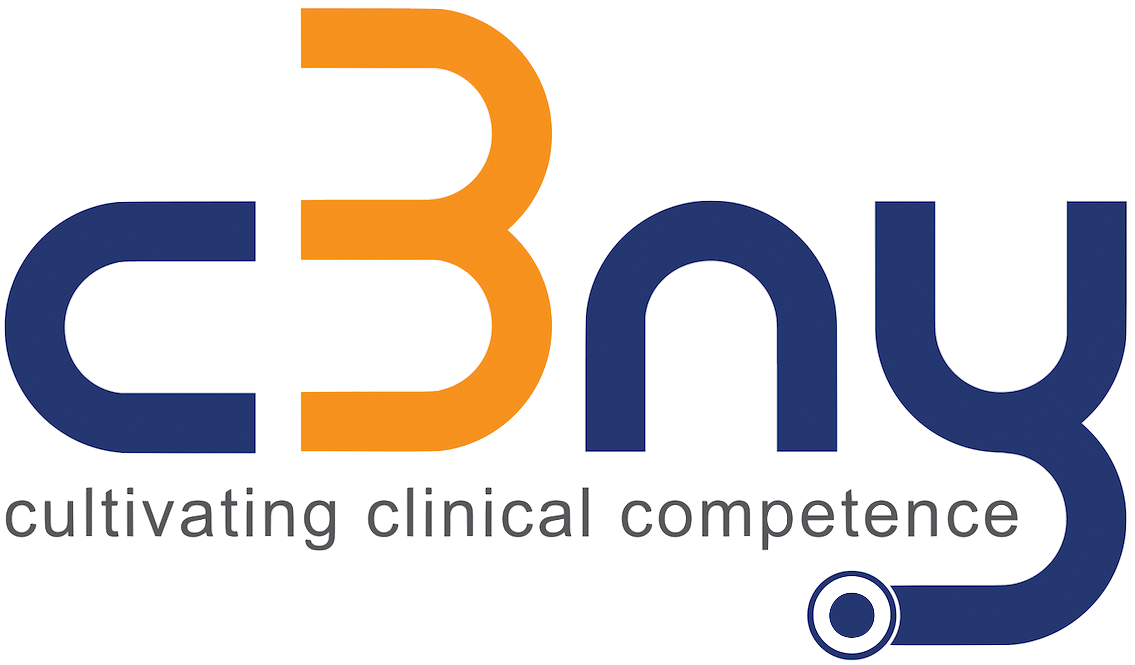When was the last time your doctor really listened to you rather than going through the motions.
Test preparation for the Step 2 CS exam needs to explore what kind of medicine you currently practice in your interactions with patients. This idea is explored in detail in another terrific article on the MIND THE GAP website, titled “Is Your Doctor Patient-Centered? Here’s A Simple Way To Find Out”
A simple test can help you figure out whether you are delivering DOCTOR centered care or PATIENT centered care. We have explored these ideas in earlier blog posts; however, it can’t be emphasized and explained enough, particularly for those practitioners who are unfamiliar with this concept.
Here is the simple test offered, to see if you are practicing doctor or patient-centered care.
If you are a patient…
Do you feel that your doctor is always trying to persuade you to follow their ideas of good health?
If you are a doctor or other provider…
Are you always trying to persuade your patients to follow the care recommendations you have given them?
If you answered “yes” to either of these questions, then your doctor (or you if you are a provider) are not patient-centered. More than likely your physician/provider (or you) are physician-directed or provider-directed in their patient interactions.
Wrong Test Preparation
Very often, our students come to us with test preparation techniques utilizing lists; they say if they can just “use a list” and get through “their list” they will be successful on their Step 2 CS exam. This couldn’t be farther from the truth. Just as in real practice, the REAL encounters with SP’s in Philadelphia, Atlanta, Chicago, Houston and Los Angeles require a delicate touch and patient-centered care. Patient-centered care does NOT use a list. Patient-centered care emphasizes listening to the patient, following the patient’s cues and clues, and asking questions that come from the patient’s previous statement.
Further on in the article mentioned above, we find this, as examples of patient-centered behavior during an encounter:
If your doctor (or you) were patient-centered, rather than tell you what you should be doing, they would routinely engage you in the following types of conversations during your visit:
Help you identify and address your primary concerns.
Encourage you to talk about the emotional aspects of your health problems
Help you identify and choose goals that are relevant and important to you
Respect your right to make decisions with which they disagree
Lets take even just the first point, “help you identify and address your primary concerns”. If, in the first few moments of your 15-minute Step 2 CS encounter you identified and addressed the primary concern of your patient, it would go a LONG way towards putting your patient at ease, enabling to you get the information you need to formulate possible diagnoses in a short amount of time.
So, in an odd way, patient-centered care will make it EASIER for the doctor/candidate — in terms of gathering data and formulating diagnoses, which are two crucial elements necessary for success on the Step 2 CS exam.
Yours in excellent Step 2 CS prep,
The team at C3NY

